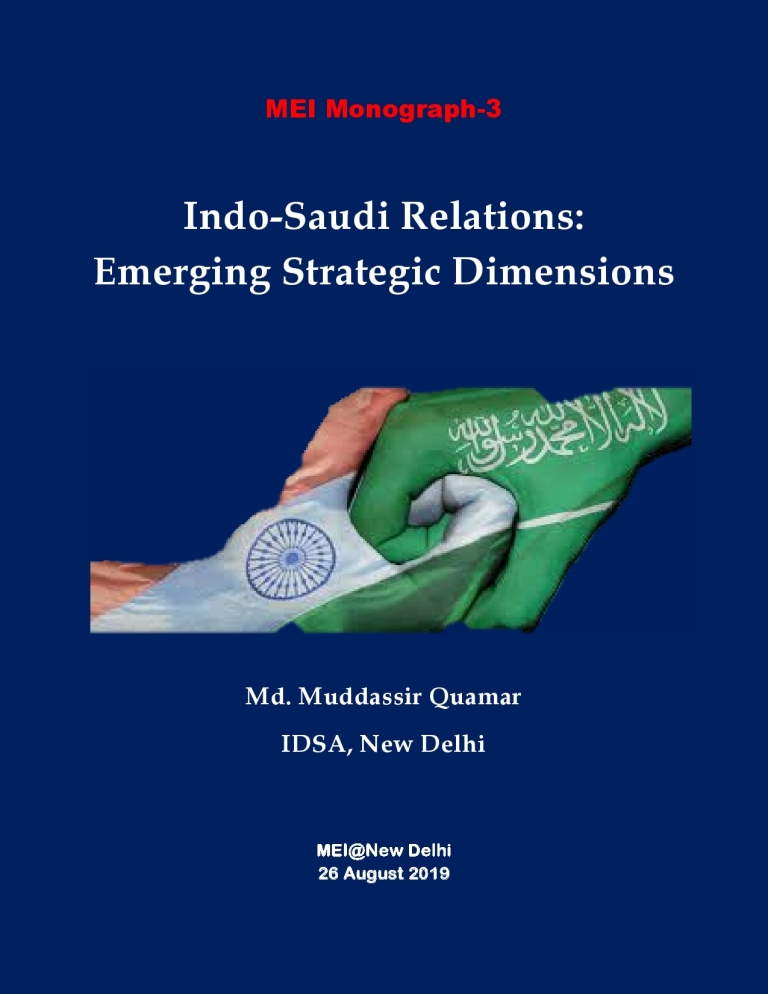Breaking
- MENU
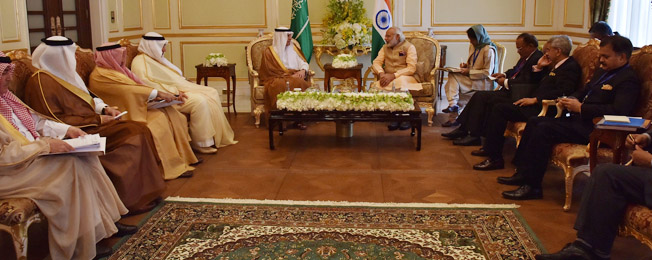
India and Saudi Arabia enjoy traditional friendly ties. Both are strategic partners and are working together on various fronts. It is in this context that India’s National Security Advisor Ajit Doval undertook a two-day visit to Saudi Arabia. The NSA met with Crown Prince Muhammed Bin-Salman and held talks with his Saudi counterpart Musaid Bin-Aiban.
A number of important bilateral, regional and international issues were discussed during the meetings. One of the key issues that came up for discussion was the modalities for setting up the India-Saudi Strategic Partnership Council co-chaired by Prime Minister Narendra Modi and Crown Prince Muhammad Bin-Salman.
Significantly, Pakistani Prime Minister Imran Khan had visited Riyadh last month en route his trip to the US for participating in the 74th session of the UNGA. Given Pakistan’s diplomatic offensive on India’s decision to revoke Article 370 of her Constitution that accorded special status to Jammu & Kashmir (J&K), Khan’s visit to Saudi Arabia acquired importance. The main agenda of Khan’s visit was to enlist Saudi support for Pakistani position on India’s decision.
Doval’s visit thus was aimed at appraising the Saudi leadership of the Indian position and underline the problem India faces due to the cross-border terrorism. Saudi Arabia too has been a victim of terrorism. In September, two of Aramco’s oil processing facilities in Abqaiq and Khurais were targeted in drone attacks apparently by the Houthi militias of Yemen. The Islamic State in Iraq and Syria (ISIS) too had put Saudi Arabia on the top of its targets.
Both India and Saudi Arabia are at the forefront of fighting terrorism in South and West Asia. Riyadh has taken a leadership role in shaping the opinion in the Muslim world against extremism and terrorism. India’s strong position on fighting terror is recognised by the Saudi leadership and this has led to close cooperation between Indian and Saudi security agencies to combat radicalism and counter terrorism. The security cooperation has intensified under Prime Minister Modi.
The joint statement issued after the visit of Crown Prince Bin-Salman to New Delhi in February 2019 noted the need for dismantling of terror infrastructure and cutting off financial networks sponsoring terrorism. In recent years, Saudi Arabia has come forward to condemn terrorist attacks in India including the attack in Pulwama in January this year where over 40 Indian soldiers lost their lives and earlier the attacks in Pathankot and Uri in January and September 2016 respectively.
After the Pulwama attack and Indian retaliation through Balakot strikes, Saudi Arabia has engaged in diplomacy to ease tensions in South Asia. New Delhi firmly maintains that J&K is an internal matter of India and the decision to revoke Article 370 has been taken in view of bringing the state within the mainstream of political and economic developments of India.
The other important issue that was on the agenda of the NSA Doval’s Saudi visit was Pakistan’s proposed blacklisting by the Financial Actions Task Force (FATF) at its plenary session later this month. In 2018, the FATF had put Pakistan on its ‘grey-list’ for its continued sponsorship of terrorism.
According to FATF’s Asia Pacific Group (APG), Islamabad is yet to fulfil most of its commitments on ending terrorist financing networks and can be put in the blacklist during the upcoming FATF meeting. Saudi Arabia’s support against state-sponsorship of terrorism at the FATF session can be an important boost for Indo-Saudi ties.
India’s bilateral relations with Saudi Arabia have improved significantly in the last few years and the visit of Prime Minister Modi to Riyadh in April 2016 laid the foundation for a new direction in the strategic partnership. The two sides attach critical importance to the bilateral relations and have given special attention to enhancing bilateral trade and investments and strengthening security and counter-terrorism cooperation.
Note: This article was originally published in Air World Service on 4 October 2019 and has been reproduced with the permission of the author. Web link
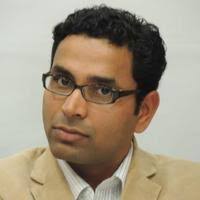
Md. Muddassir Quamar is an Associate Fellow in Manohar Parrikar Institute for Defence Studies and Analyses, New Delhi. He holds a Ph.D. in Middle East studies from Jawaharlal Nehru University and his doctoral thesis focused on social dynamics in Saudi Arabia in the context of the tensions between two seemingly non-harmonious trends; Islamization and modernization. He has a broader interest in Gulf societies, political Islam, Middle East geopolitics and India’s relations with the Middle East. He has co-authored two books India’s Saudi Policy: Bridge to the Gulf (Palgrave Macmillan, 2019) and Persian Gulf 2019: India’s Relations with the Region (Palgrave Macmillan, 2020). He is currently working on a manuscript on education reforms in Saudi Arabia. He has co-edited four anthologies, including Changing Security Paradigm in West Asia: Regional and International Responses (Knowledge World, 2020), Political Violence in MENA (Knowledge World, 2020), Islamic Movements in the Middle East: Ideologies, Practices and Political Participation (Knowledge World, 2019) and Contemporary Persian Gulf: Essays in Honour of Gulshan Dietl, Girijesh Pant and Prakash C. Jain (Knowledge World, 2015). His research papers have appeared in leading international journals such as Asian Affairs, Strategic Analysis, India Quarterly, Contemporary Arab Affairs, Digest of Middle East Studies, Journal of Arabian Studies and Journal of South Asian and Middle Eastern Studies. As part of his project in MP-IDSA, Dr. Quamar authored a monograph on Erdogan’s Turkey: Politics, Populism and Democratisation Dilemmas. Since 2018, he has served as the Book Review Editor for Strategic Analysis, the flagship journal of MP-IDSA published in association with Taylor & Francis. In May 2020, he edited an MEI Monograph Middle East Fights Covid-19: A Fact Sheet with contributions from students pursuing Masters in IR in JNU. He regularly contributes Op-Ed articles on developments in the Persian Gulf, Middle East and India’s relations with the region for Indian and international forums. In 2014-15, he was a Visiting Fellow at the King Faisal Center for Research and Islamic Studies, Riyadh. Dr. Quamar has been associated with the Middle East Institute, New Delhi, in various capacities since its foundation and serves as Associate Editor of its flagship journal, the Contemporary Review of the Middle East published by Sage, India.
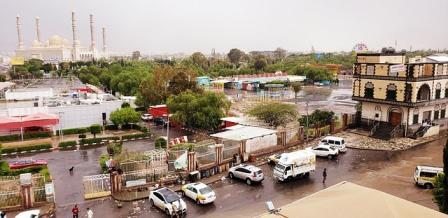
On January 17, 2022, the United Arab Emirates (UAE) was rocked by two attacks after drone attacks ta.....

Within a span of just over a year since the announcement of the Abraham Accords, between Israel and .....
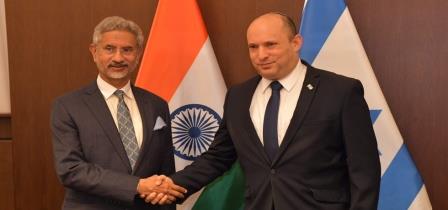
External Affairs Minister S. Jaishankar’s visit to Israel signifies the burgeoning Indo-Israel.....
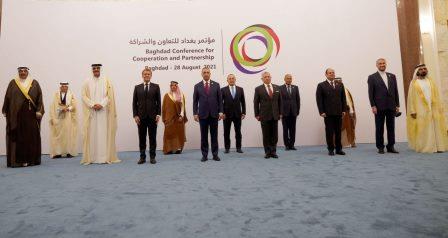
On 28 August 2021, Iraq hosted the first “Baghdad Conference for Cooperation and Partnership&r.....
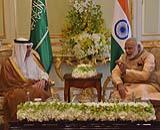
Recent developments in Afghanistan–the US military withdrawal and return of Taliban– has.....
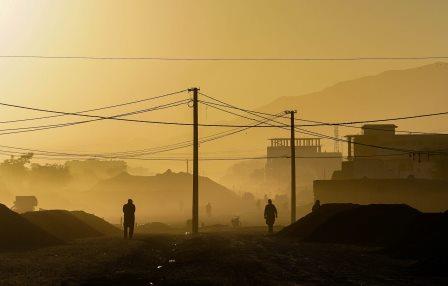
The Taliban takeover of Afghanistan has wider ramifications for the world. Among the key questions t.....
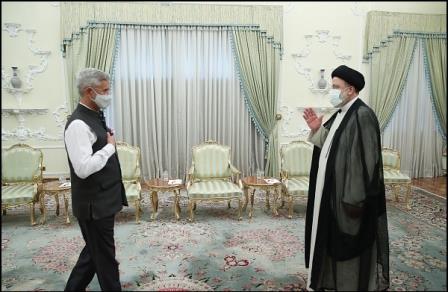
External Affairs Minister S. Jaishankar attended the swearing-in ceremony of the new Iranian preside.....
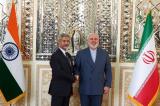
The revitalisation of ties with Iran will remain confined to the immediate issue of shared interests.....
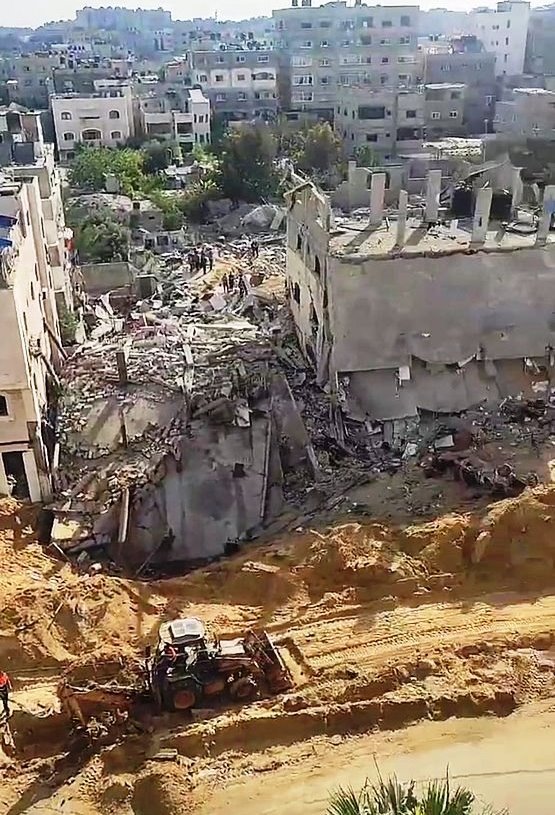
Israel and Hamas have engaged in fighting each other since 2006 when Hamas emerged victorious in the.....
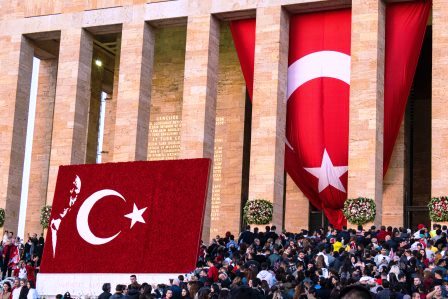
Tensions have gripped the Eastern Mediterranean (East Med) for the past few months owning to differe.....
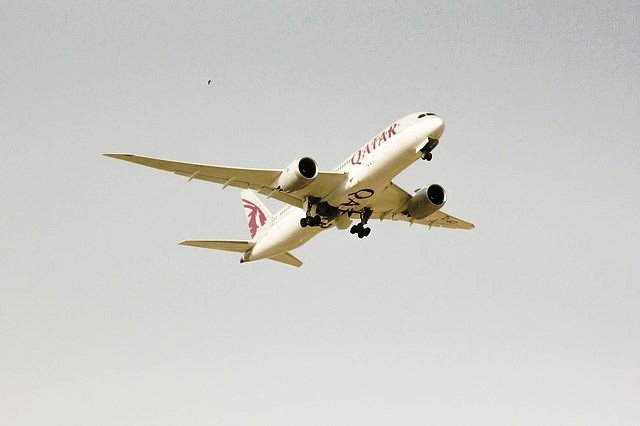
Qatar is an important country in the Gulf with which India has traditionally had strong bilateral ti.....
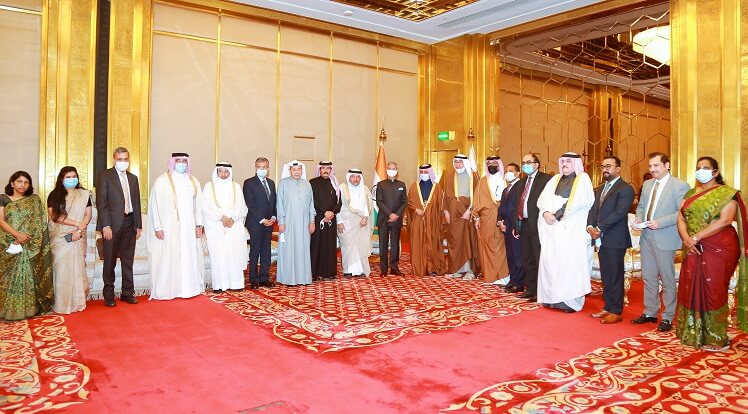
International geopolitical developments and the growing chances of friction between the global power.....
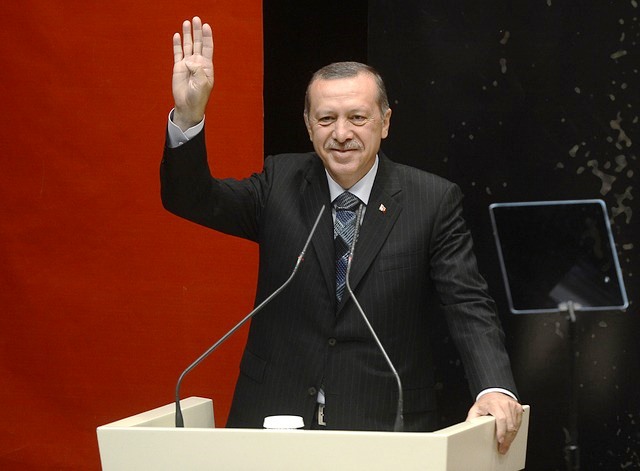
In recent years, Turkey’s foreign policy has attracted scrutiny because of its aggressive post.....
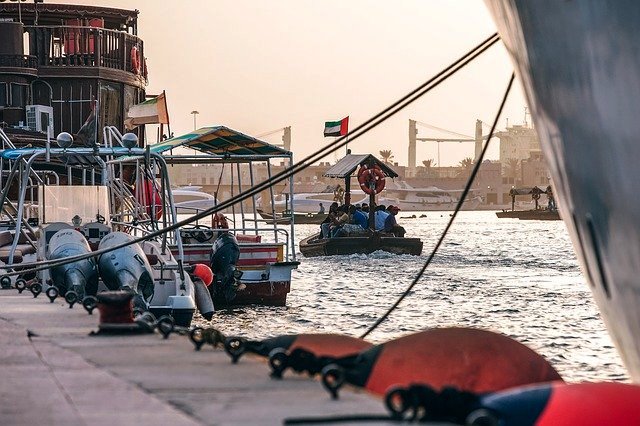
India and the United Arab Emirates share a vision for peace and prosperity. Under the leadership of .....
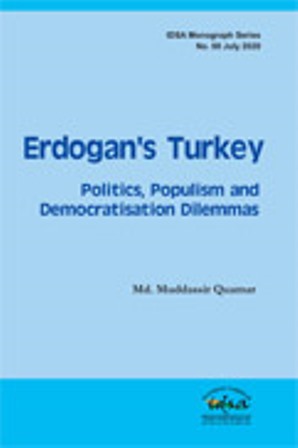
The coming to power of the AKP is one of the defining moments in the history of modern Turkey. Here .....
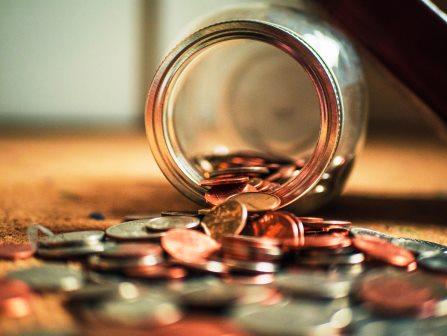
Though the news of China and Iran entering into US$400 billion agreement and Iran going ahead with C.....
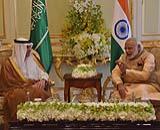
India’s relationship with the Gulf has witnessed a qualitative transformation since the August.....
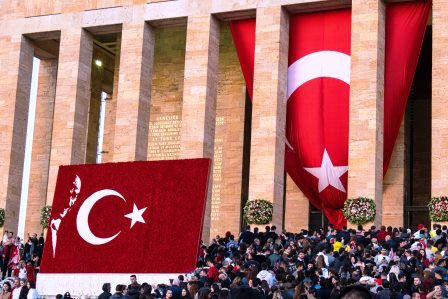
The results of country-wide municipal elections in Turkey held on 31 March 2019 threw a few surprise.....
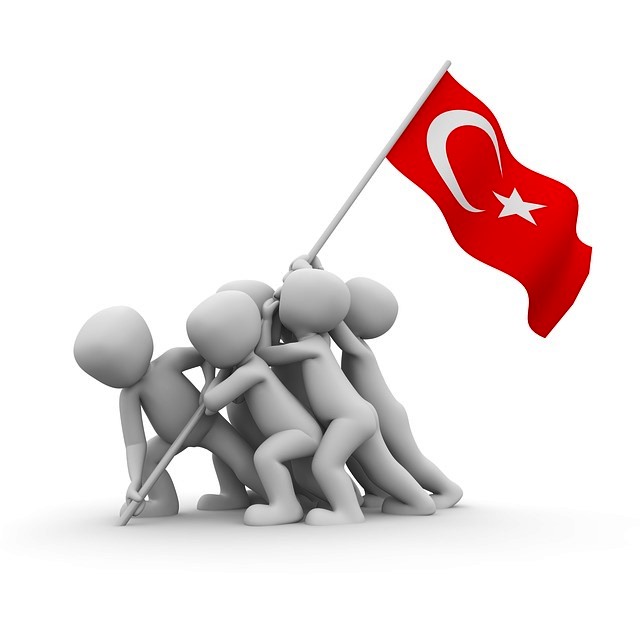
Like other parts of the world, West Asia (or the Middle East) too is hit hard by the spread of COVID.....
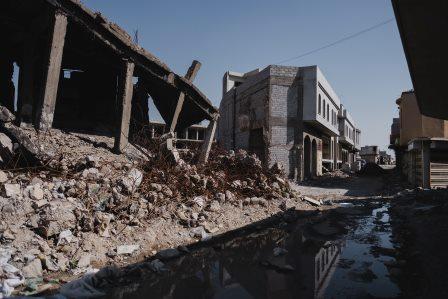
Iraq is suffering from internal divisions and external interventions for long. The problems of the p.....
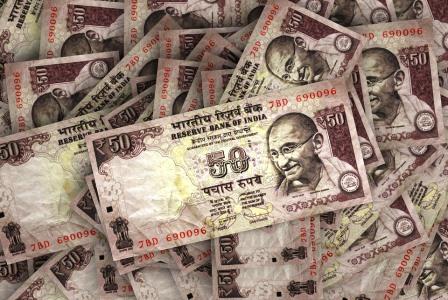
The West Asia is one of the most volatile and conflict-ridden regions in the world today. Given the .....
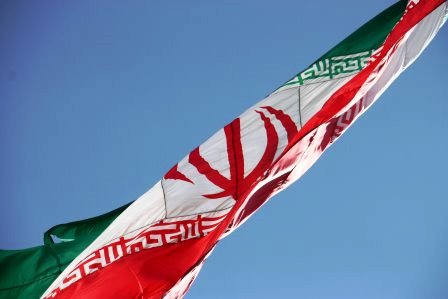
In the Persian Gulf, the New Year began with a bang. On January 3, the world woke up to the news of .....
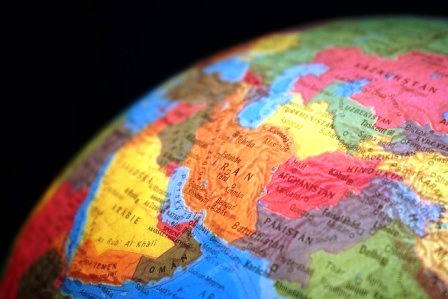
Major General Qassem Soleimani, commander of the elite Quds Force of the Iranian Revolutionary Guard.....
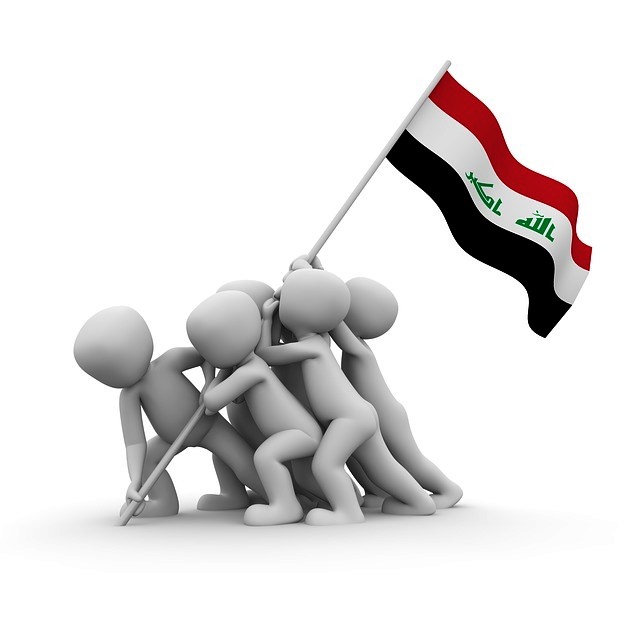
For over two months, youth in Iraq are protesting against corruption, unemployment and Iranian and A.....
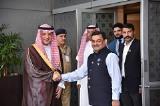
The historic relations between India and the Gulf countries have undergone a qualitative transformat.....
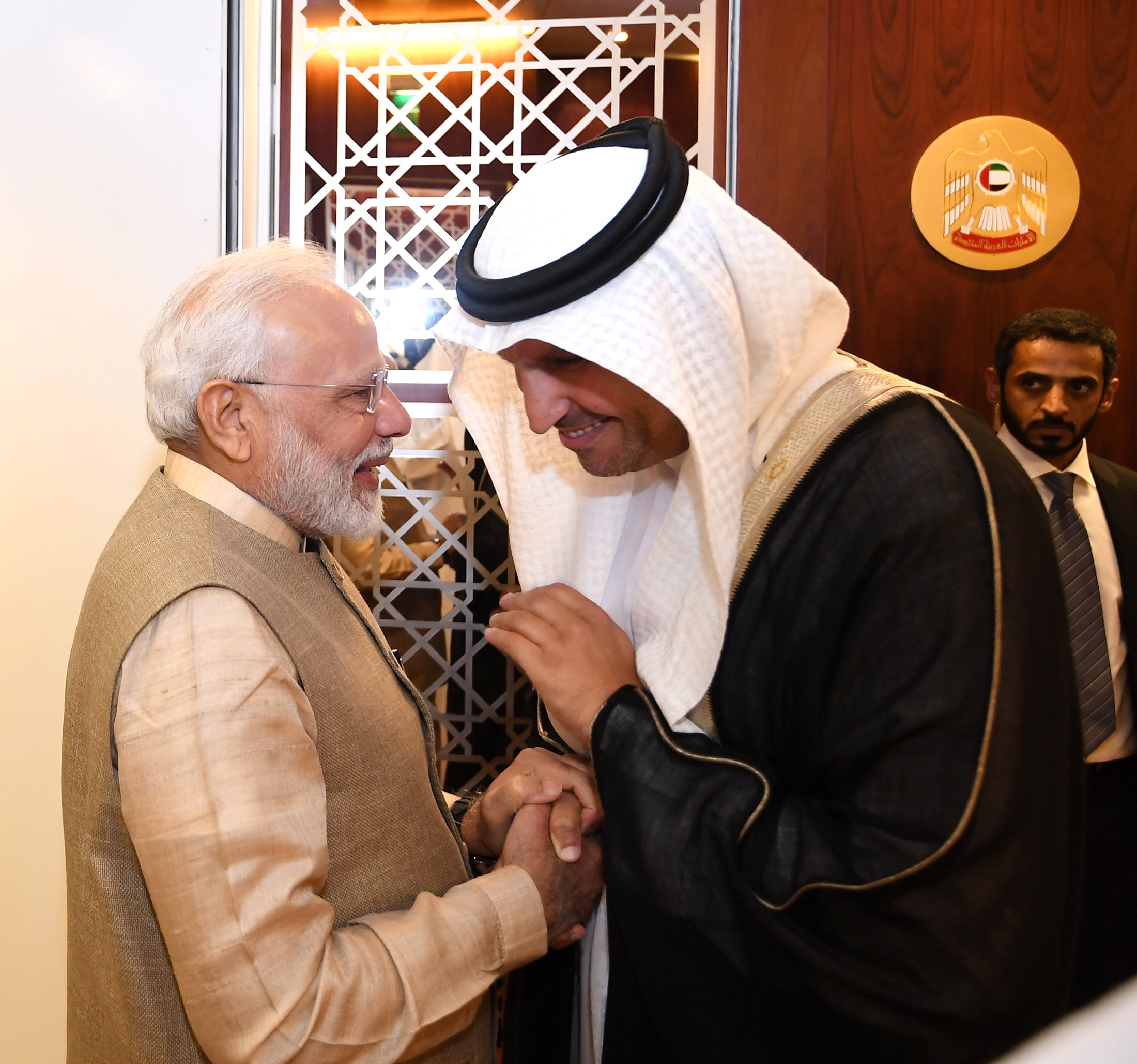
Prime Minister Narendra Modi undertook a visit to the UAE and Bahrain over the weekend. This was his.....
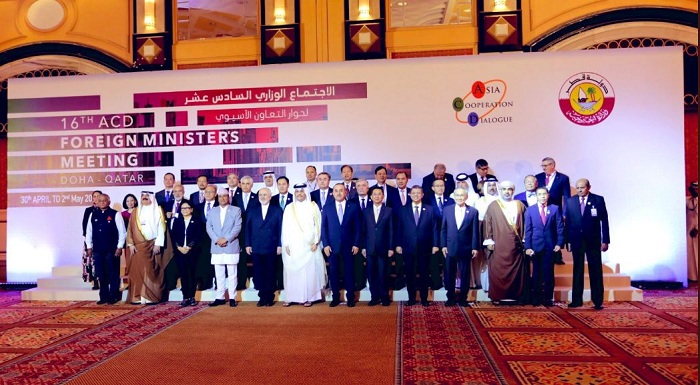
The 16th Ministerial meeting of the Asia Cooperation Dialogue (ACD) took place in Doha this week. Th.....
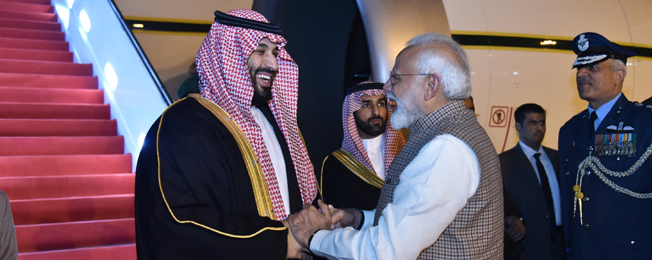
India’s relationship with the Gulf has witnessed a qualitative transformation since the A.....
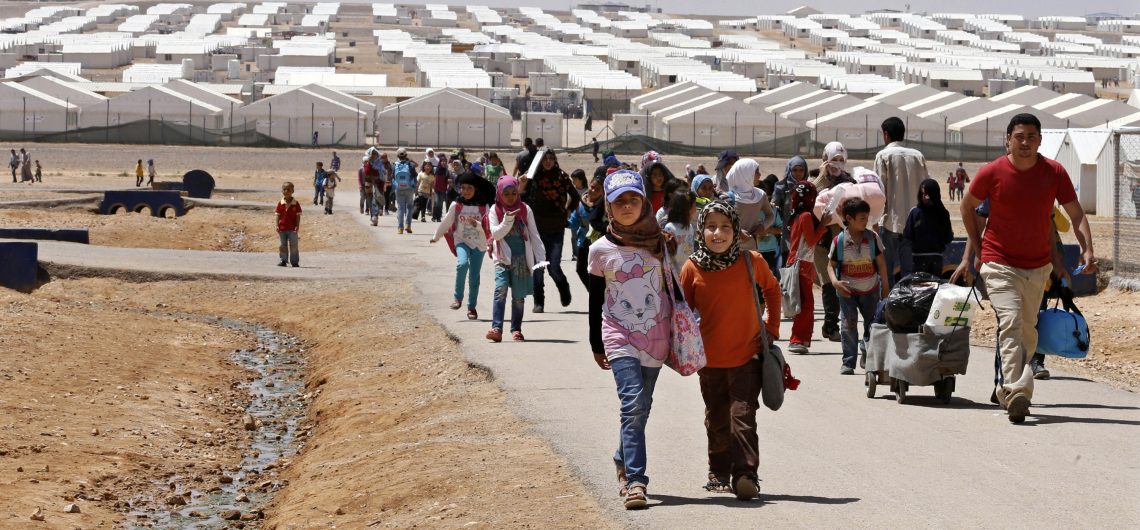
On March 24, 2019, the US-backed Syrian Democratic Forces (SDF) announced the capture of Baghouz, a .....
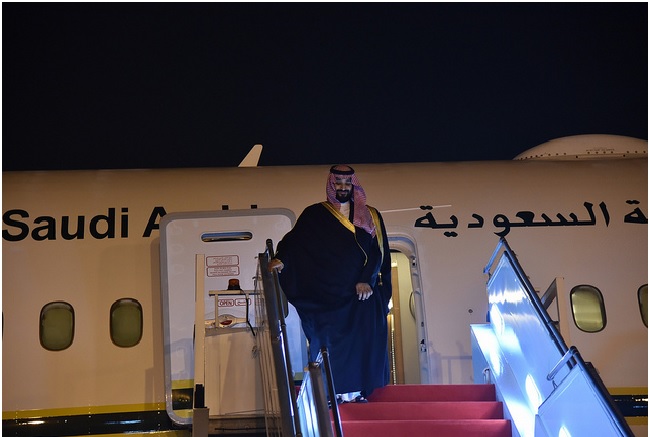
The visit of Saudi Minister of State for Foreign Affairs Adel al-Jubeir to New Delhi; close on the h.....
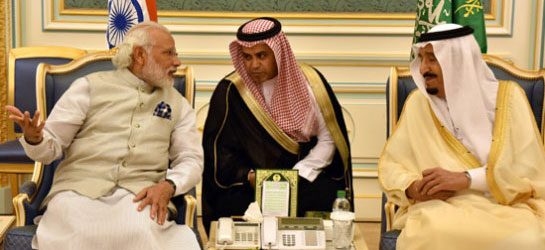
India and Saudi Arabia have increased defence and security cooperation in the fields of combating te.....
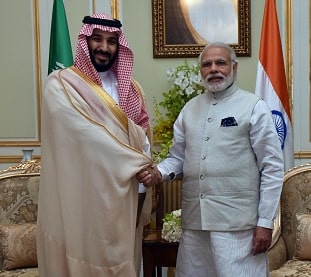
Economic and social reforms have emerged as the focus area in Saudi Arabia under the leadership of K.....
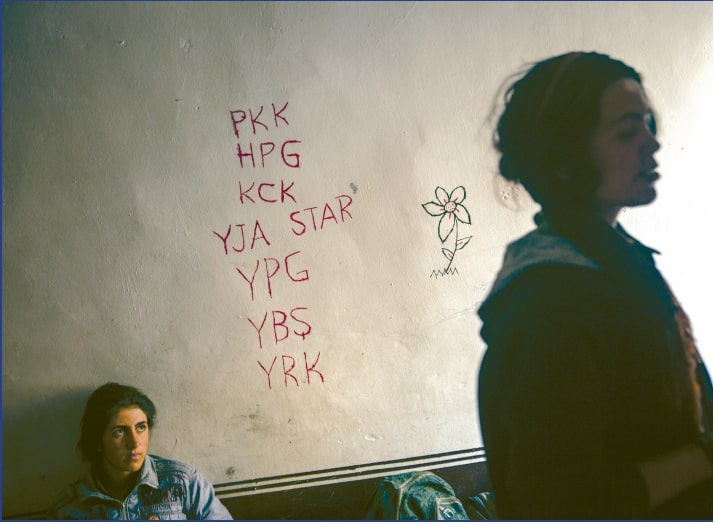
The US and Turkey are back on collision course over the Kurdish question in northern Syria. The late.....
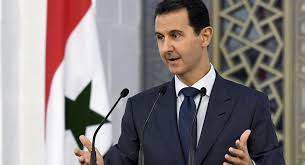
The Civil War in Syria has ravaged the country, took the life of nearly 500,000 people and has force.....

